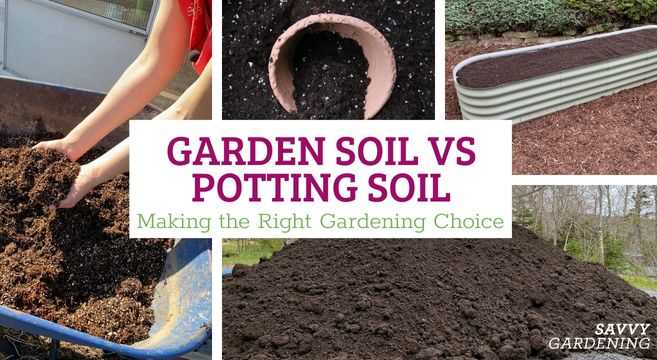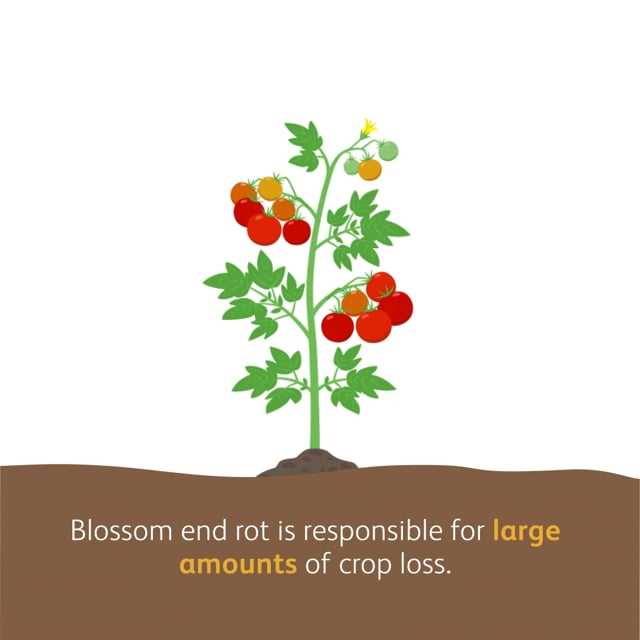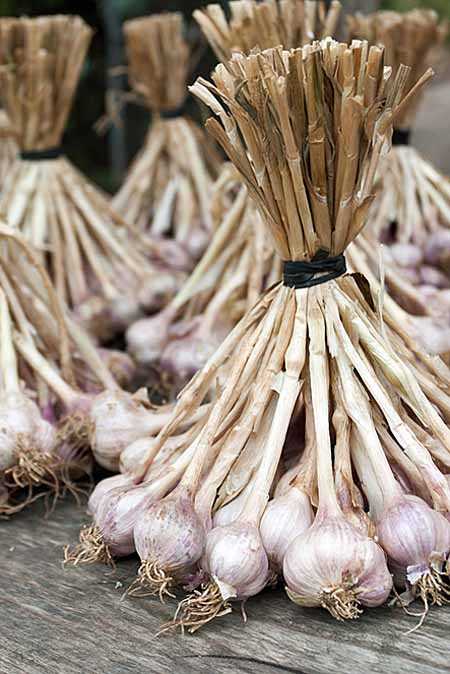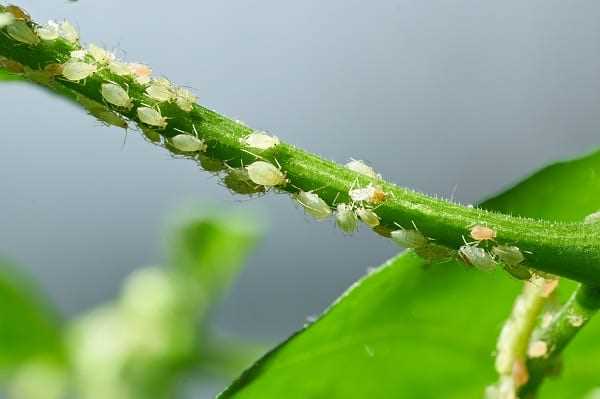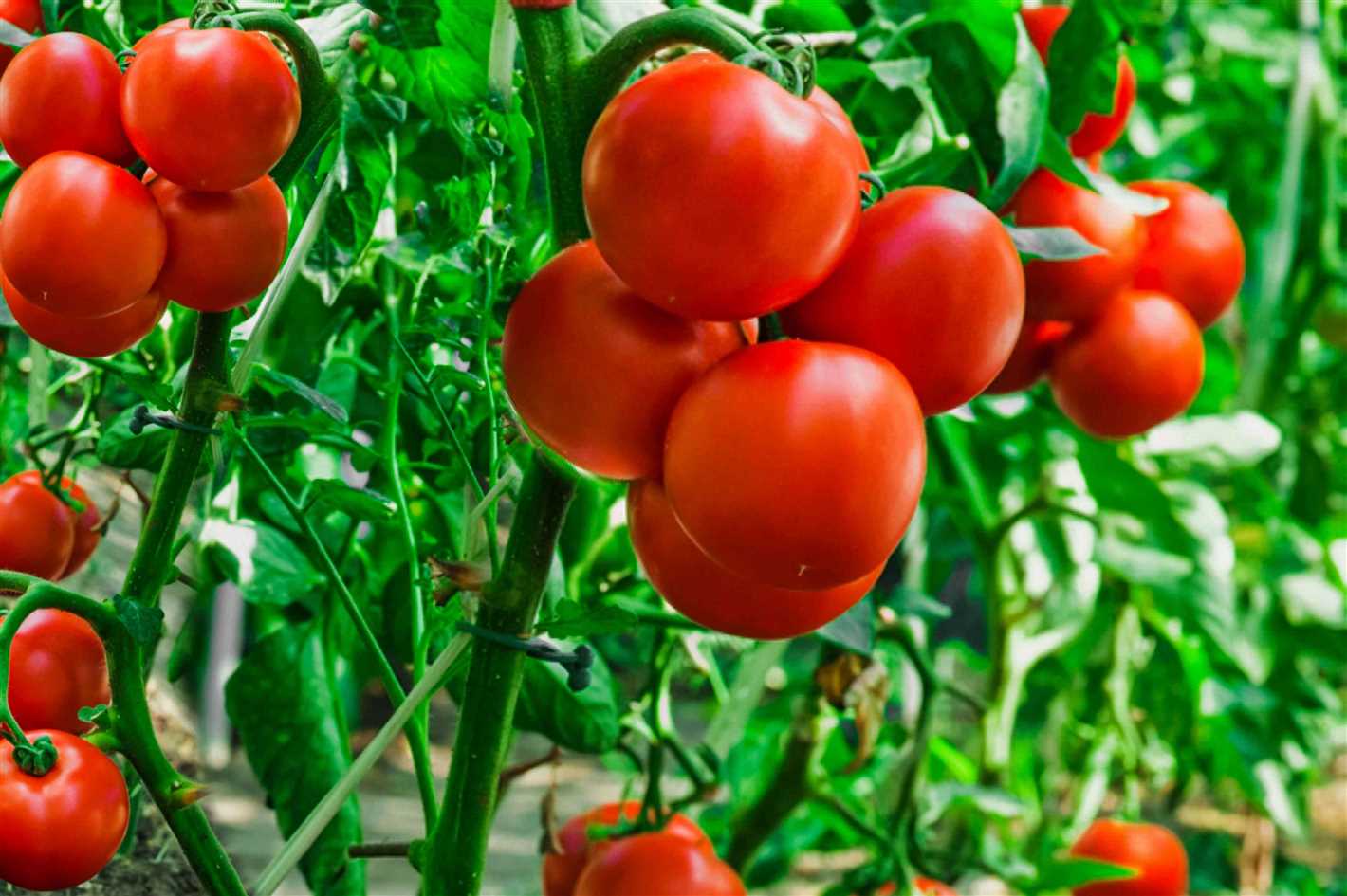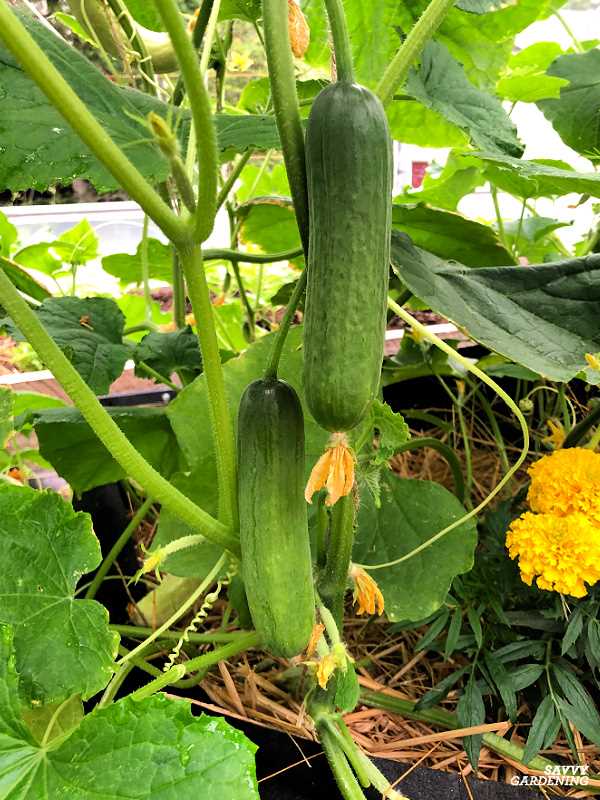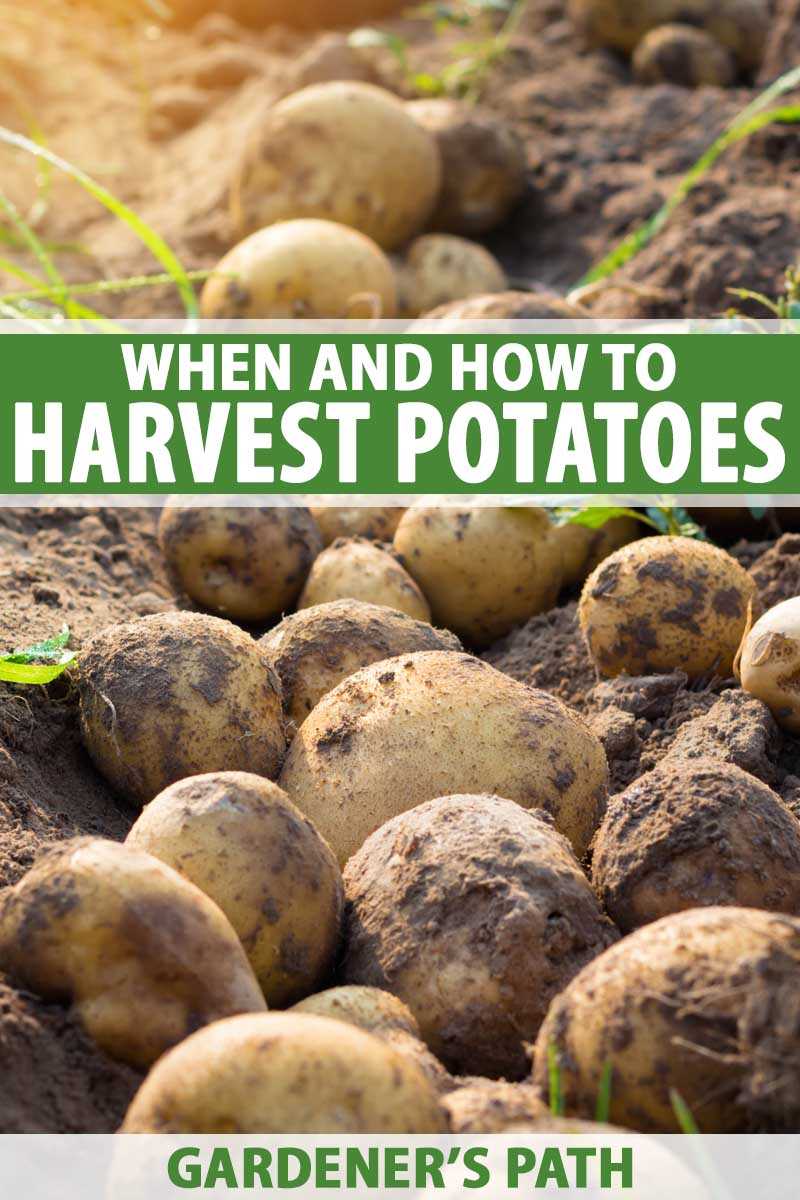- The Importance of Pest Control
- 1. Crop Protection
- 2. Disease Prevention
- 3. Property Protection
- 4. Environmental Preservation
- Natural Methods for Pest Management
- 1. Biological Control
- 2. Planting Trap Crops
- 3. Crop Rotation
- 4. Companion Planting
- 5. Mechanical Control
- Conclusion
- Overview of Mustard as a Pest Control Solution
- What is Mustard?
- How Does Mustard Work as a Pest Control Solution?
- Benefits of Using Mustard as a Pest Control Solution
- Considerations for Using Mustard as a Pest Control Solution
- Conclusion
- Application Techniques
- 1. Spray Application
- 2. Soil Drench
- 3. Trap Cropping
- 4. Mulching
- 5. Companion Planting
- Using Mustard as a Spray
- Ingredients:
- Instructions:
- Application:
- Precautions:
- Mustard Seed Treatment for Soil
- How to apply mustard seed treatment:
- Benefits of mustard seed treatment for soil:
- Precautions:
- Benefits of Mustard as a Pest Control Option
- 1. Organic and Environmentally Friendly
- 2. Pest Deterrent
- 3. Broad-Spectrum Pest Control
- 4. Soil Enhancement
- 5. Cost-Effective
- 6. Easy to Use
- 7. Natural Alternative
- Environmentally Friendly Solution
- Cost-Effective Pest Management
- Benefits of Mustard as a Pest Management Tool
- Application Methods and Cost Comparisons
- Conclusion
- “Question-Answer”
- How can mustard be used to control pests?
- Is mustard effective in controlling all types of pests?
- Are there any potential downsides or risks associated with using mustard for pest control?
- Can mustard be used in organic farming?
- What are some alternative natural solutions for pest control?
- Are there any studies or research supporting the effectiveness of mustard for pest control?
- “Video” How to Get Rid of Whiteflies (4 Easy Steps!)
Pests can be a major problem for farmers and gardeners, causing damage to crops and plants. Traditional pest control methods often involve the use of chemical pesticides, which can be harmful to the environment and human health. However, there is a natural and effective solution that has been used for centuries: mustard.
Mustard is a versatile plant that can be grown in many climates and is known for its pungent taste and aroma. But, it also has natural pesticidal properties. When mustard plants are grown in a field or garden, they release compounds called glucosinolates, which act as natural herbicides and insecticides.
The application of mustard for pest control involves several methods. One common method is to plant mustard as a cover crop. This means growing mustard plants in between crop cycles to reduce pest populations. When these plants are tilled into the soil, they release glucosinolates, which can suppress weed growth and deter pests.
Another method of applying mustard is as a natural spray. Mustard oil can be extracted from the seeds and mixed with water to create a spray that can be applied to plants. This spray is effective in controlling a wide range of pests, including aphids, caterpillars, and mites. It can also act as a deterrent, preventing pests from feeding on the plants in the first place.
Using mustard as a natural solution for pest management not only reduces the reliance on chemical pesticides, but also promotes sustainable farming practices. It is a cost-effective and environmentally friendly alternative that can help farmers and gardeners maintain healthy crops and plants.
In conclusion, mustard is a natural and effective solution for pest management. Whether it is used as a cover crop or as a spray, mustard’s pesticidal properties can help control pests and protect crops and plants. Its use promotes sustainability and reduces the negative impact of chemical pesticides on the environment. As a natural and readily available option, mustard should be considered as an essential tool in pest management.
The Importance of Pest Control
Pest control plays a crucial role in maintaining the health and well-being of both humans and the environment. Pests, such as insects and rodents, can cause significant damage to crops, property, and infrastructure. They also pose a threat to human health by spreading diseases and causing allergies. Therefore, it is essential to implement effective pest control measures to mitigate these risks.
1. Crop Protection
Pests can have a detrimental impact on agricultural production. They can damage crops by feeding on them, laying eggs, or transmitting plant diseases. This can lead to decreased crop yield, loss of income for farmers, and food shortages. By implementing pest control strategies, such as the use of natural solutions like mustard, farmers can protect their crops and ensure a bountiful harvest.
2. Disease Prevention
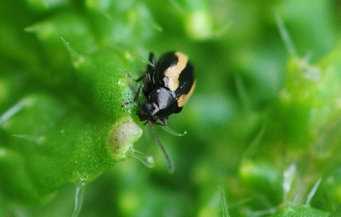
Pests, especially insects like mosquitoes and ticks, can transmit various diseases to humans and animals. These diseases can range from mild illnesses to severe conditions that can be life-threatening. By controlling the population of disease-carrying pests, we can reduce the incidence of these diseases and prevent their spread.
3. Property Protection
Pests can cause significant damage to homes, buildings, and other structures. For example, termites can weaken the structure of a house and lead to costly repairs. Rodents can chew through electrical wires, causing fires. By implementing pest control measures, we can protect our properties from structural damage and ensure a safe living environment.
4. Environmental Preservation
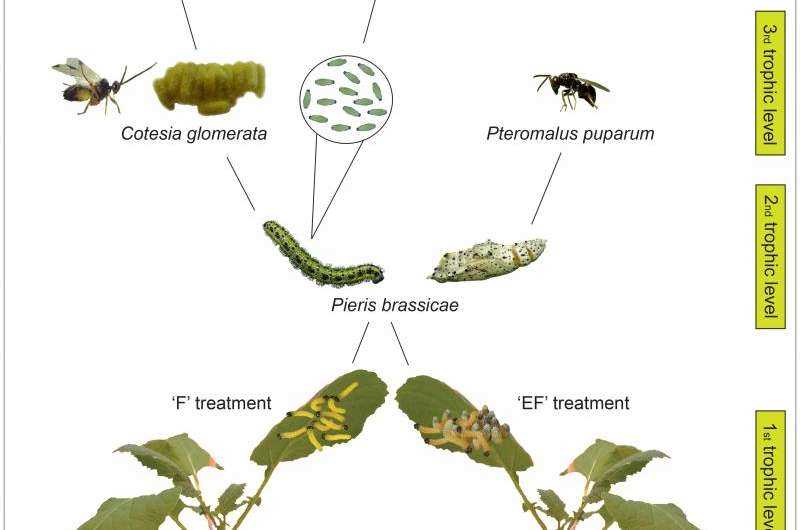
Effective pest control also contributes to environmental preservation. When pests invade natural habitats, they can disrupt ecosystems and threaten the survival of native species. By controlling pest populations, we can maintain the balance of ecosystems and preserve biodiversity.
In conclusion, pest control is of utmost importance in ensuring the health and safety of humans, protecting crops and property, preventing the spread of diseases, and preserving the environment. By implementing effective pest control measures, we can mitigate the risks associated with pests and create a safer and healthier living environment for all.
Natural Methods for Pest Management
When it comes to managing pests in a natural and eco-friendly way, there are several methods that can be effective. These natural methods not only help to control pests but also minimize the use of harmful chemicals that can have negative effects on the environment and human health.
1. Biological Control
Biological control involves using natural predators, parasites, or pathogens to control pests. This method relies on introducing or enhancing the presence of natural enemies of pests in order to reduce their populations. For example, ladybugs and lacewings are natural predators of aphids, and they can be introduced into the garden to control aphid populations.
2. Planting Trap Crops
Planting trap crops involves growing specific plants that attract pests away from the main crop. These trap crops act as a decoy, attracting and capturing pests, thereby protecting the main crop. For example, planting marigolds around a vegetable garden can help to deter aphids and nematodes.
3. Crop Rotation
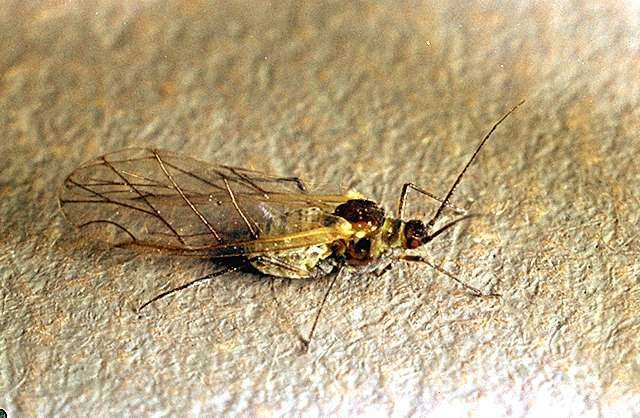
Crop rotation is a technique where different crops are grown in a particular sequence in order to disrupt the life cycles of pests. This method helps to break the cycle of pest infestation by depriving pests of their preferred host plants. By rotating different crops, pests that are specific to certain plants are less likely to become established and cause damage.
4. Companion Planting
Companion planting involves growing certain plants together in order to enhance pest control. Some plants have natural abilities to repel pests or attract beneficial insects that prey on pests. For example, planting garlic and onions next to roses can help to deter aphids.
5. Mechanical Control
Mechanical control methods involve physically removing pests or creating physical barriers to prevent their access to plants. This can include handpicking pests, using traps or barriers, or even using water sprays to dislodge pests. For example, placing a barrier of copper tape around a pot can help to prevent slugs from climbing onto the plants.
Conclusion
By utilizing natural methods for pest management, we can effectively control pests while minimizing the use of harmful chemicals. These methods not only protect the environment but also promote a healthier and more sustainable approach to pest management.
Overview of Mustard as a Pest Control Solution
Mustard is a versatile plant that can be used for a variety of purposes, including as a natural solution for pest management. This article will provide an overview of using mustard as a pest control solution, exploring its effectiveness and potential benefits.
What is Mustard?
Mustard is a plant species in the Brassicaceae family, which also includes cabbage, broccoli, and radishes. There are several varieties of mustard, including yellow mustard, brown mustard, and black mustard. Mustard plants are known for their bright yellow flowers and distinctive tangy flavor.
How Does Mustard Work as a Pest Control Solution?
Mustard is an effective pest control solution due to its natural chemical compounds, such as allyl isothiocyanate (AITC). These compounds are released when mustard plants are damaged or crushed, and they act as a natural pesticide. AITC has been shown to have insecticidal, nematicidal, and fungicidal properties, making it a versatile solution for pest management.
Benefits of Using Mustard as a Pest Control Solution
- Environmentally-friendly: Mustard is a natural and non-toxic solution for pest management, making it an environmentally-friendly alternative to synthetic pesticides.
- Cost-effective: Mustard is an inexpensive option for pest control, as it can be easily grown and processed.
- Multiple applications: Mustard can be used to control a wide range of pests, including insects, nematodes, and fungi, making it a versatile solution for pest management.
- Easy to apply: Mustard can be applied in various forms, including as a spray, soil amendment, or cover crop, making it accessible to both small-scale and large-scale farmers.
Considerations for Using Mustard as a Pest Control Solution
While mustard can be an effective pest control solution, there are some considerations to keep in mind:
- Specific pest control: Mustard may be more effective against certain pests than others. It is important to understand the specific pests you are targeting and their susceptibility to mustard.
- Timing and application: Mustard should be applied at the appropriate time in the pest’s lifecycle for optimal effectiveness. Additionally, the application method may vary depending on the pest and the desired outcome.
- Integration with other pest control methods: Mustard can be used in conjunction with other pest control methods, such as crop rotation or biological controls, to enhance its overall effectiveness.
Conclusion
Mustard is a natural and versatile pest control solution that can be used to effectively manage a variety of pests. Its environmentally-friendly nature, cost-effectiveness, and multiple applications make it a promising alternative to synthetic pesticides. However, it is important to consider the specific pest control needs and integrate mustard with other pest management strategies for optimal results.
Application Techniques
When using mustard as a natural solution for pest management, it is important to apply it properly to achieve the desired results. Here are some effective application techniques:
1. Spray Application
One of the most common ways to apply mustard is through spray application. Mix mustard powder or mustard oil with water to create a spray solution. Use a sprayer to evenly distribute the solution on the affected plants or areas. Make sure to cover both the upper and lower sides of the leaves, as well as the stems and the soil around the plants.
2. Soil Drench
If you are targeting pests that dwell in the soil, such as root-knot nematodes, a soil drench application can be effective. Mix mustard powder or mustard oil with water and pour the solution at the base of the plants. Allow the solution to soak into the soil and reach the roots of the plants. This method helps in controlling pests that attack the roots and also improves soil health.
3. Trap Cropping
Mustard can also be used as a trap crop to divert pests away from the main crop. Plant mustard around the perimeter of the field or garden to attract pests. The mustard plants will serve as a sacrificial crop, luring pests away from the main crop. This technique is especially useful for managing pest populations that are difficult to control directly.
4. Mulching
Using mustard as a mulch can also help in controlling pests. Spread a layer of mustard plant debris or mustard seed meal around the plants. As the mulch decomposes, it releases natural compounds that repel pests and reduce their populations. Mulching also helps in conserving moisture and improving soil fertility, providing additional benefits to the plants.
5. Companion Planting
Another application technique is companion planting with mustard. Certain plants, when grown together with mustard, can help repel pests or attract beneficial insects that prey on pests. For example, planting mustard near tomatoes can help deter aphids, which are common pests for tomato plants. Research different companion plants and their specific benefits before implementing this technique.
Remember to always follow instructions on the product labels and consider safety precautions when handling mustard or any other pest management solution.
Using Mustard as a Spray
Mustard is a versatile and natural solution for controlling pests in your garden. One effective way to use mustard is by making a mustard spray. This spray can be easily made at home using common household ingredients.
Ingredients:
- 2 cups of water
- 1 tablespoon of mustard powder
- 1 teaspoon of liquid dish soap
Instructions:
- In a container, mix 2 cups of water with 1 tablespoon of mustard powder.
- Add 1 teaspoon of liquid dish soap to the mixture. The dish soap will help the spray stick to the pest’s bodies.
- Stir the mixture well to ensure the mustard powder is completely dissolved.
- Pour the mustard spray into a spray bottle for easy application.
Application:
When using the mustard spray, it is important to follow some guidelines to ensure effective pest control:
- Choose a time to spray when the weather is calm, preferably in the early morning or late afternoon.
- Thoroughly spray the affected plants, covering both the upper and lower surfaces of the leaves.
- Pay special attention to areas where pests are most commonly found, such as the undersides of leaves and along stems.
- Repeat the application every 7-10 days or as needed, especially after rain or heavy watering.
Precautions:
While mustard is a natural solution, it is important to take some precautions when using it as a spray:
- Do not use the mustard spray on windy days to prevent it from drifting to unintended areas.
- Avoid spraying the mustard mixture on edible parts of the plant, especially if you plan to harvest them soon.
- Test the spray on a small area of the plant first to check for any adverse reactions.
- If you notice any negative effects on the plants, discontinue use.
By using mustard as a spray, you can effectively control pests in your garden while avoiding the use of harmful chemicals. Remember to always read and follow the instructions on the mustard powder packaging for the best results.
Mustard Seed Treatment for Soil
Mustard seed treatment is an effective and natural solution for managing soil-borne pests and diseases. Using mustard seeds in soil treatment helps to suppress pests and pathogens, improve soil health, and promote plant growth. Mustard seed contains compounds such as glucosinolates, which have natural pesticidal properties.
How to apply mustard seed treatment:
- Choose high-quality mustard seeds: Select mustard seeds that are fresh and free from contaminants. Organic mustard seeds are preferred to ensure no chemical residue.
- Prepare the mustard seed solution: Soak the mustard seeds overnight in water. The water should be warm, around 120°F (49°C), to help release the active compounds in the mustard seeds.
- Strain the solution: After soaking, strain the mustard seed solution to remove any solid particles or impurities.
- Apply the mustard seed solution to the soil: Use a sprayer or watering can to apply the mustard seed solution to the soil. Apply evenly, covering the entire area that needs treatment.
- Work the mustard seed solution into the soil: Use a rake or garden fork to work the mustard seed solution into the top layer of soil. This will ensure better distribution and contact between the solution and soil-borne pests and diseases.
- Cover the treated area: If possible, cover the treated area with a plastic sheet or mulch to retain moisture and promote the breakdown of glucosinolates into bio-active compounds.
Benefits of mustard seed treatment for soil:
1. Pest control: Mustard seed treatment helps to suppress a wide range of soil-borne pests, including nematodes, fungi, and insects. The glucosinolates in mustard seeds break down into natural compounds that have pesticidal properties, effectively reducing pest populations.
2. Disease suppression: The antimicrobial properties of mustard seed treatment can help suppress soil-borne diseases, such as fungal infections and bacterial diseases.
3. Improved soil health: Mustard seed treatment enhances soil health by increasing organic matter content, improving soil structure, and stimulating microbial activity.
4. Nutrient release: Mustard seed treatment helps to release nutrients stored in the soil, making them more available to plants.
5. Weed suppression: The allelopathic effects of mustard seed treatment can help suppress weed growth and competition.
6. Sustainable and environmentally friendly: Mustard seed treatment is a natural and eco-friendly approach to pest and disease management, reducing the need for synthetic pesticides and their associated negative impacts on human health and the environment.
Precautions:
- Avoid using mustard seed treatment in areas where mustard is already grown or will be grown next year to prevent potential problems with crop rotation.
- Consider conducting a small-scale test in a small area before applying mustard seed treatment on a large scale to ensure compatibility with your specific soil and crop.
- Follow the recommended application rates and ensure proper handling of the mustard seed solution to avoid harm to yourself or the environment.
By incorporating mustard seed treatment into your soil management practices, you can effectively control pests and diseases while promoting healthier soil and plants, all without relying on synthetic pesticides.
Benefits of Mustard as a Pest Control Option
Mustard is a natural and effective option for controlling pests in the garden. It offers several benefits that make it a popular choice among gardeners:
1. Organic and Environmentally Friendly
Mustard is an organic alternative to chemical pesticides, making it a safe and sustainable option for pest control. It does not harm humans, pets, or beneficial insects, and it does not leave harmful residues in the soil.
2. Pest Deterrent
Mustard plants naturally produce compounds called glucosinolates that act as natural pesticides. These compounds help deter insects, nematodes, and other pests from infesting the garden.
3. Broad-Spectrum Pest Control
Mustard is effective against a wide range of pests, including aphids, slugs, snails, cabbage worms, and flea beetles. It helps to control both chewing and sucking insects, making it a versatile pest control option.
4. Soil Enhancement
When mustard plants decompose, they release nutrients into the soil, enriching it and promoting healthy plant growth. This natural composting process helps improve soil structure and fertility.
5. Cost-Effective
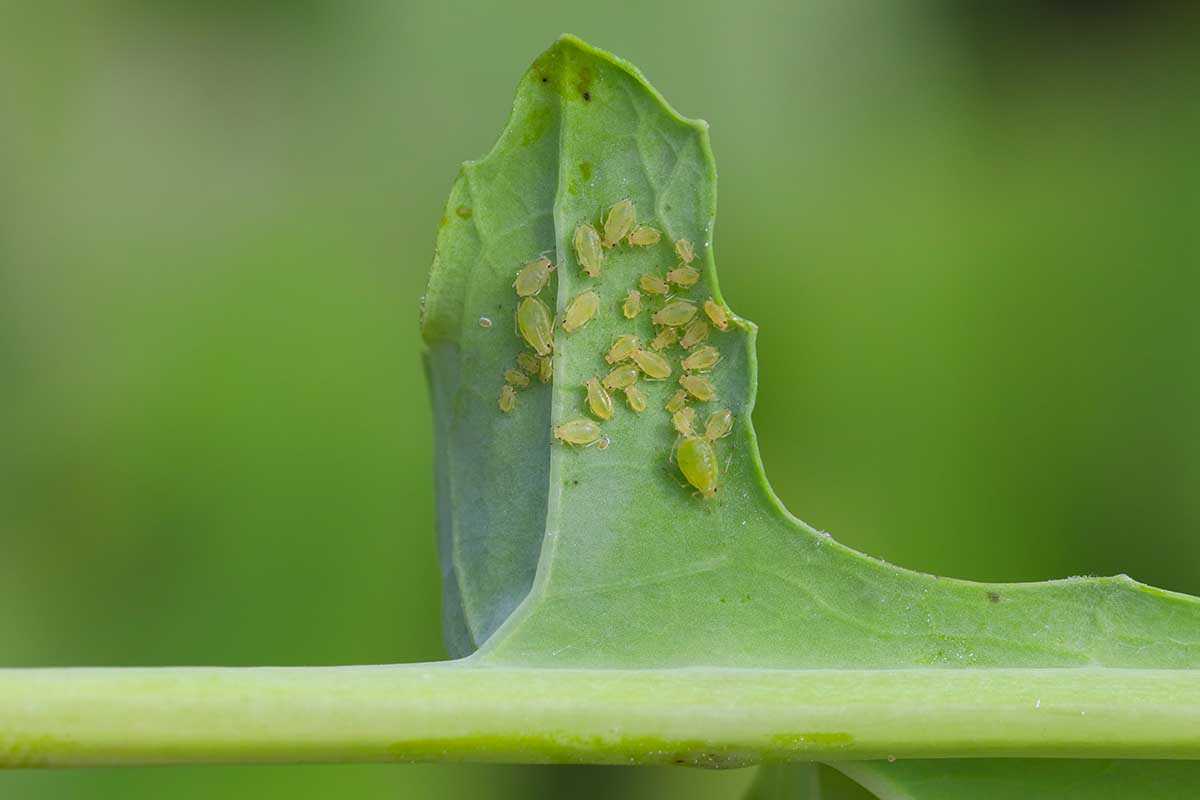
Using mustard as a pest control option is cost-effective compared to chemical pesticides. Mustard seeds are affordable and readily available, making it an economical choice for gardeners.
6. Easy to Use
Applying mustard as a pest control method is simple and easy. It can be used as a spray, powder, or as a cover crop. The versatility of mustard makes it convenient for both small and large-scale gardening.
7. Natural Alternative
For those who prefer natural pest control options, mustard is an excellent alternative to synthetic pesticides. It is a renewable resource and helps to maintain a healthy and balanced ecosystem in the garden.
In conclusion, mustard offers numerous benefits as a pest control option. Its organic nature, effectiveness against a wide range of pests, soil enhancement properties, cost-effectiveness, ease of use, and natural alternative make it a preferred choice for many gardeners.
Environmentally Friendly Solution

One of the major advantages of using mustard as a natural pest control method is its environmentally friendly nature. Unlike chemical pesticides that can have harmful effects on the environment, mustard is a safe and sustainable solution.
Here are some reasons why mustard is an environmentally friendly pest control option:
- Non-toxic: Mustard is a natural substance derived from plants and does not contain harmful chemicals that can persist in the environment or pose a risk to humans, animals, or beneficial insects.
- Biodegradable: Mustard breaks down easily in the environment without leaving behind harmful residues that can accumulate in soil or water sources.
- Sustainable: Mustard plants can be grown easily and rapidly, making it a renewable resource for pest control purposes.
- Biocontrol benefits: Mustard not only acts as a pest deterrent but also has biocontrol properties. It can attract beneficial insects like ladybugs, lacewings, and parasitic wasps, which can help reduce population of harmful pests.
By using mustard as a natural solution for pest management, you can minimize the negative impact on the environment and promote healthier ecosystems.
Cost-Effective Pest Management
Implementing a cost-effective pest management strategy is essential for any agricultural operation. In the quest for natural and sustainable pest control solutions, mustard has emerged as a viable option that is both effective and affordable.
Benefits of Mustard as a Pest Management Tool
- Natural and Non-Toxic: Mustard is a natural plant-based product that does not pose any health risks to humans or animals. It offers an environmentally friendly alternative to chemical pesticides.
- Cost-Effective: Mustard is readily available and relatively inexpensive compared to conventional pesticides. It can be grown and processed on-site or purchased from local suppliers at a lower cost.
- Multi-Purpose: Mustard can be used for various pest management purposes, including repelling insects, eradicating fungi and nematodes, and suppressing weed growth. This versatility makes it a cost-effective solution for overall pest control.
Application Methods and Cost Comparisons
There are several application methods for mustard in pest management, each with its own cost implications.
| Application Method | Cost |
|---|---|
| Mustard Powder Spraying | Low |
| Mustard Seed Planting | Moderate |
| Mustard Cover Crop | Low to Moderate |
| Mustard Oil Extracts | High |
Mustard powder spraying involves mixing mustard powder with water and spraying it onto crops. This method is cost-effective and suitable for small-scale applications.
Mustard seed planting involves sowing mustard seeds alongside other crops or as a cover crop. It is a moderately cost-effective method that provides long-term pest control benefits.
Mustard cover cropping involves growing mustard as a cover crop in rotation with other crops. This method is low to moderately cost-effective, as it helps suppress weeds and pests while improving soil quality.
Mustard oil extracts are more expensive compared to other application methods. They provide concentrated pest control solutions and are commonly used in commercial farming operations.
Conclusion
Cost-effective pest management is crucial for sustainable and profitable agriculture. Mustard offers a natural, versatile, and affordable solution for pest control. Depending on the specific needs and scale of the operation, different application methods can be chosen to maximize cost-effectiveness. By incorporating mustard into pest management strategies, farmers can reduce reliance on chemical pesticides while maintaining effective control over pests.
“Question-Answer”
How can mustard be used to control pests?
Mustard can be used as a natural solution for pest management by applying it in different ways. Mustard oil can be sprayed on plants to repel pests, while a mixture of mustard powder and water can be used as a pesticide. Mustard plants can also be grown as a companion crop to deter pests from the main crop.
Is mustard effective in controlling all types of pests?
While mustard can be effective in controlling certain types of pests, its effectiveness may vary depending on the specific pest and the severity of infestation. Mustard is particularly useful in repelling aphids, cabbage worms, and other insects that can damage plants.
Are there any potential downsides or risks associated with using mustard for pest control?
While mustard is generally safe for plants and the environment, it can cause irritation or allergic reactions in some individuals. It is important to handle and apply mustard products carefully, and to follow instructions for proper usage. It is also advisable to test mustard applications on a small area before treating the entire crop.
Can mustard be used in organic farming?
Yes, mustard is considered a natural and organic solution for pest management. It does not contain synthetic chemicals and can be used in organic farming practices. Mustard can help reduce the reliance on conventional pesticides and promote eco-friendly pest control methods.
What are some alternative natural solutions for pest control?
There are several alternative natural solutions for pest control, apart from mustard. Some options include neem oil, garlic spray, insecticidal soap, and companion planting. These methods can be effective in deterring pests and minimizing damage to plants, while also being safe for the environment.
Are there any studies or research supporting the effectiveness of mustard for pest control?
Yes, there have been studies and research conducted on the effectiveness of mustard for pest control. These studies have shown promising results in repelling pests and reducing damage to crops. However, it is always recommended to consult scientific literature and local agricultural experts for specific recommendations and guidelines.
